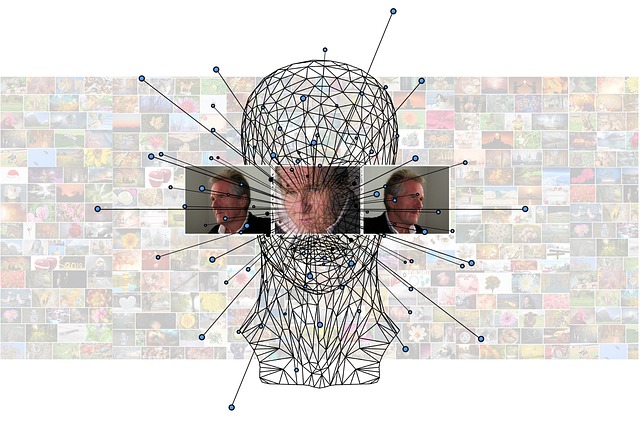Revolutionizing Business Operations: The Advancements of Hybrid Logical Systems in Robotics and Artificial Intelligence
In today’s fast-evolving technological landscape, businesses are continuously seeking innovative methods to streamline operations, enhance efficiency, and foster growth. One of the most transformative developments enabling this revolution is the emergence of hybrid logical systems—a cutting-edge fusion of symbolic logic and connectionist approaches within the realms of robotics and artificial intelligence (AI).
Understanding Hybrid Logical Systems
Hybrid logical systems represent an advanced algorithmic framework that combines rule-based logical reasoning with the adaptive learning capabilities of neural networks. This integration bridges the gap between traditional AI, which relies heavily on predefined rules, and machine learning models that learn from data examples. By merging these methodologies, hybrid logical systems enable machines to perform complex reasoning while adapting dynamically to new information—a crucial feature in business automation.
Robotics Meets Hybrid Logic
Robotics has long been heralded as a key driver of automation, but traditional robots often struggle with ambiguity and unstructured environments. Hybrid logical systems empower robots with enhanced cognitive capabilities, allowing them to interpret complex scenarios logically and react intelligently. For example, modern robotic arms in manufacturing facilities can now use hybrid logical algorithms to not only execute repetitive tasks but also make decisions based on real-time data and contextual awareness.
This advancement means robots can autonomously manage quality control, adjust to variations in the production line, and even cooperate with human workers safely—transforming the operational workflow and reducing reliance on constant human intervention.
Artificial Intelligence in Business Automation
Artificial intelligence, combined with hybrid logical systems, is spearheading a new era of business process automation. These systems excel in analyzing vast amounts of structured and unstructured data, formulating logical deductions, and learning from outcomes to refine decision-making over time. This capability is invaluable in sectors such as finance, supply chain management, and customer service.
For instance, AI-powered virtual assistants equipped with hybrid logical frameworks can interpret customer queries more effectively, providing personalized responses and resolving complex issues without human support. Moreover, in financial operations, hybrid logic-driven systems detect anomalies, predict market trends, and automate transactions with a high degree of accuracy.
Transforming Business Operations with Algoritmus
At the heart of these technological advancements lies the art of algorithm design, or algoritmus. Crafting efficient hybrid logical systems requires meticulous algorithmic engineering, blending logical inference engines with machine learning pipelines. This holistic approach ensures that automation solutions are not only intelligent but also transparent and explainable—a critical aspect for gaining trust in automated business environments.
Businesses adopting these hybrid algorithms witness a paradigm shift in operational agility, reducing costs and accelerating innovation cycles. The synergy of logic-based reasoning and adaptable AI drives smarter workflows, predictive maintenance, and enhances human-machine collaboration, ultimately paving the way for resilient and future-proof organizations.
Final Thoughts
The convergence of hybrid logical systems with robotics and artificial intelligence is more than just a technological trend; it is a fundamental reimagining of how businesses operate. As automation becomes increasingly sophisticated, the integration of logical reasoning and adaptive learning heralds a new chapter where machines not only execute tasks but also understand and evolve within complex environments.
For companies eager to stay competitive in this digital age, embracing these algorithmic innovations under the framework of algoritmus is not just advantageous—it’s essential.




